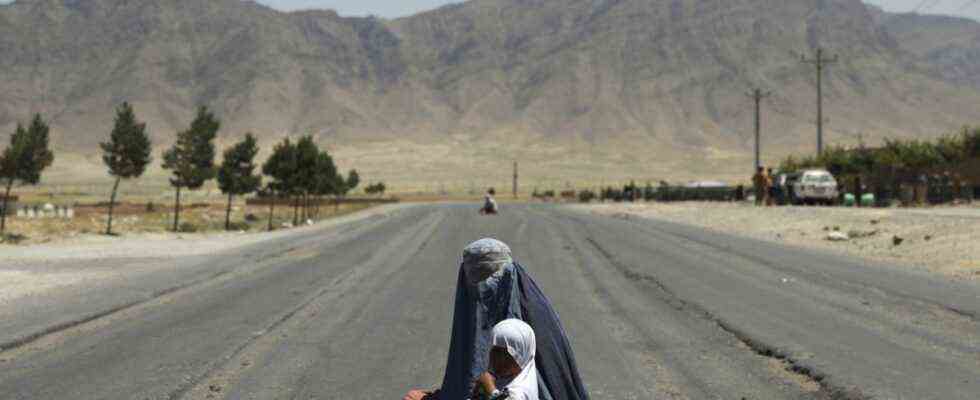Milad R. (Name changed by the editor) and his wife fought for many years to get both of them allowed to work in this country. They fled Afghanistan in 2009 and only came to Germany four years later. Because the refugees were initially unable to get a work permit, the two initially volunteered – she as a translator for Afghan women when they visit a doctor, he in a nursing home. Now they have finally received recognition and thus a ban on deportation, the time of nerve-racking waiting and insecurity seems to be over for the family. But with the recognition they also had to move out of the asylum accommodation – and take on debts for a new start in life. They still lack numerous everyday objects to live on, such as a laptop, a vacuum cleaner, an iron or clothing.
“I work and my wife is now attending a German course,” says the 37-year-old. “The salary I earn is a little tight for the family.” Together, Milad R. and his wife have four children. Their joy was great when, after months of searching, they not only found recognition, but finally also an apartment on the expensive and competitive market in the Oberland. “Many do not give out an apartment to foreigners,” says R. after the experience he gained in the search.
So that the four children wouldn’t disturb their new neighbors, they bought carpets straight away. And furniture was also needed. Milad R. borrowed 4,000 euros from his cousin for this. He will now gradually pay back the money. It is uncomfortable for him. “I don’t want to be laughed at by friends,” he says. “I try not to ask for help when I can. But sometimes there comes a situation in life in which one is helpless.”
The furniture and carpets are there now. But the family urgently needs another laptop in order to be able to continue working even during the Corona crisis. The eldest son already has a computer for distance learning at school. Since her mother’s German class is now back online, she also needs a working computer. They both know that it is a great wish that, under normal circumstances, could have been postponed a bit until they could save themselves. But the pandemic and the associated switch to digitization make purchases like this essential. A vacuum cleaner, an iron and clothing for the children would also be good. And the family does not yet have a refrigerator of their own.
The two parents are more concerned with their past than the financial difficulties. It was very difficult to arrive in a foreign country with nothing but a backpack, to start from scratch, while only terrible news spilled over from your own country. “There is not an hour in which we do not think about our homeland,” says R. “We have lost many, many family members.” She would have to carry these injuries within her forever. “But we have to go on living somehow.”

